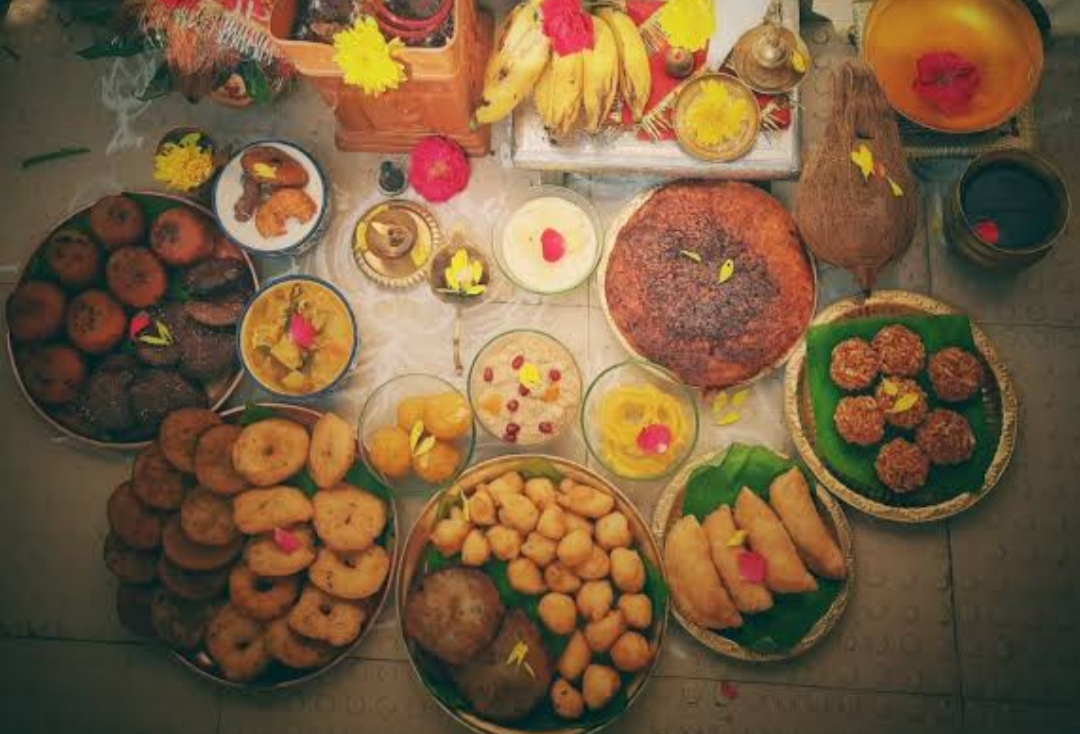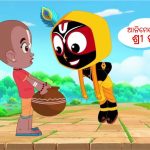In Odisha, the vibrant celebration of Samba Dashami unfolds today, marking a distinctive festival deeply rooted in the state’s rich heritage and culture. Observed on the tenth day of Shukla Paksha in the Pausa Masa, as per the Odia calendar, this auspicious occasion is dedicated to the worship of the Sun God, believed to possess the power to heal diseases. Elderly women play a significant role in this celebration, undertaking prayers to the Sun God with devotion, seeking the well-being and welfare of their children. The ritual involves offering specific items to Surya for each child in the family, a practice colloquially known as badhā-kudhā.
The genesis of Samba Dashami lies in the story of Samba, the son of Lord Krishna, known for his notorious behavior. After teasing the Sage Narada about his appearance, Samba faced the wrath of Krishna, resulting in a leprosy curse. Advised by Krishna, Samba undertook a twelve-year penance near the Sun Temple in Konark, where he pleased the Sun God, and the holy water of the river cured him on Shukla Paksha Dashami. This event gave rise to the annual observance of Samba Dashami in every Odia family. During this festival, an array of delectable food items is offered to the Sun God, including Khechudi, Puri, Ghanta Tarkari, Kakara, Chhena Poda, Chakuli Pitha, Bara, Rasagola, Gulab jamun, Jilapi, Pitha (Kakara Pitha, Poda Pitha, and Arisha Pitha), Makar Chaula, Chhenaguda, Dhanu Muaan, and Chhenagaja.
One noteworthy culinary creation for Samba Dashami is Ghadaghada, a nutritious delicacy unique to Odisha. Combining dals like Arhar and Urad dal with various fruits and vegetables, Ghadaghada derives its name from the Odia term for thunder, “ghadaghadi,” as its cooking process produces a sound reminiscent of thunder. Offered as prasad to the Sun God at noon on Samba Dasami, it is joyously consumed by all, accompanied by Chakuli Pitha and Khichdi. This celebration not only showcases the cultural richness of Odisha but also highlights the deep-rooted traditions and legends that continue to be honored and passed down through generations.
In Odisha, the vibrant celebration of Samba Dashami unfolds today, marking a distinctive festival deeply rooted in the state’s rich heritage and culture. Observed on the tenth day of Shukla Paksha in the Pausa Masa, as per the Odia calendar, this auspicious occasion is dedicated to the worship of the Sun God, believed to possess the power to heal diseases. Elderly women play a significant role in this celebration, undertaking prayers to the Sun God with devotion, seeking the well-being and welfare of their children. The ritual involves offering specific items to Surya for each child in the family, a practice colloquially known as badhā-kudhā.
The genesis of Samba Dashami lies in the story of Samba, the son of Lord Krishna, known for his notorious behavior. After teasing the Sage Narada about his appearance, Samba faced the wrath of Krishna, resulting in a leprosy curse. Advised by Krishna, Samba undertook a twelve-year penance near the Sun Temple in Konark, where he pleased the Sun God, and the holy water of the river cured him on Shukla Paksha Dashami. This event gave rise to the annual observance of Samba Dashami in every Odia family. During this festival, an array of delectable food items is offered to the Sun God, including Khechudi, Puri, Ghanta Tarkari, Kakara, Chhena Poda, Chakuli Pitha, Bara, Rasagola, Gulab jamun, Jilapi, Pitha (Kakara Pitha, Poda Pitha, and Arisha Pitha), Makar Chaula, Chhenaguda, Dhanu Muaan, and Chhenagaja.
One noteworthy culinary creation for Samba Dashami is Ghadaghada, a nutritious delicacy unique to Odisha. Combining dals like Arhar and Urad dal with various fruits and vegetables, Ghadaghada derives its name from the Odia term for thunder, “ghadaghadi,” as its cooking process produces a sound reminiscent of thunder. Offered as prasad to the Sun God at noon on Samba Dasami, it is joyously consumed by all, accompanied by Chakuli Pitha and Khichdi. This celebration not only showcases the cultural richness of Odisha but also highlights the deep-rooted traditions and legends that continue to be honored and passed down through generations.





